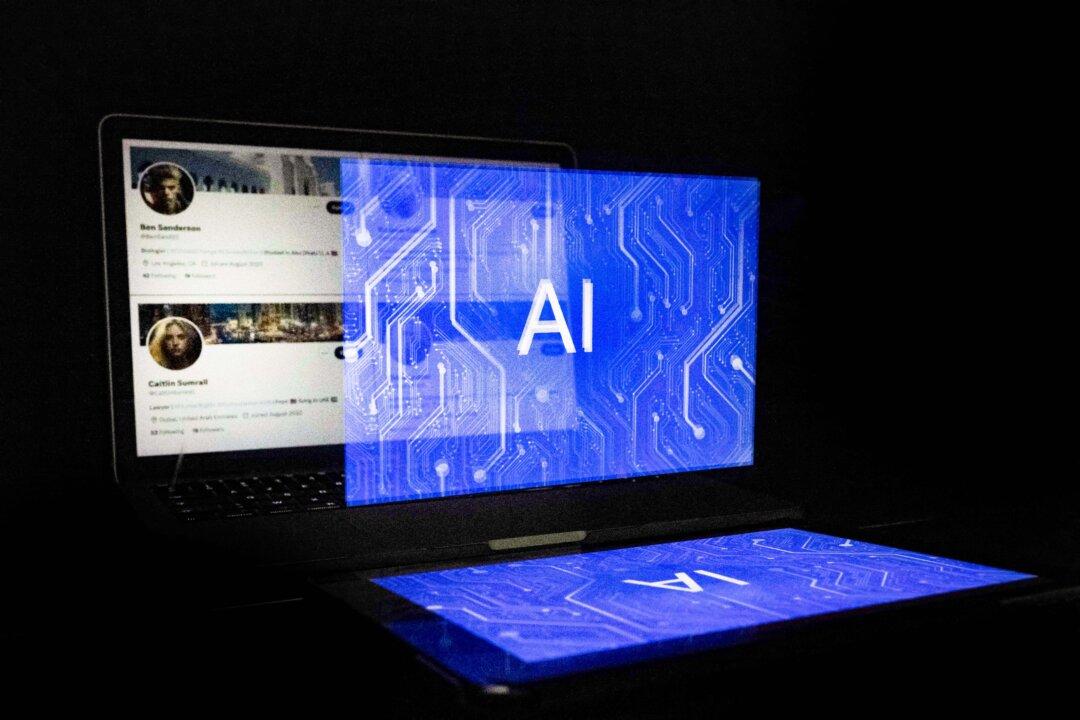The prime minister, Rishi Sunak, has compared the risk to mankind from artificial intelligence (AI) as being on a par with nuclear war or another global pandemic.
But as he arrived for the second day of the AI safety summit at Bletchley Park—the former home of the Enigma codebreakers in World War Two—he said it was important not to be “alarmist.”





